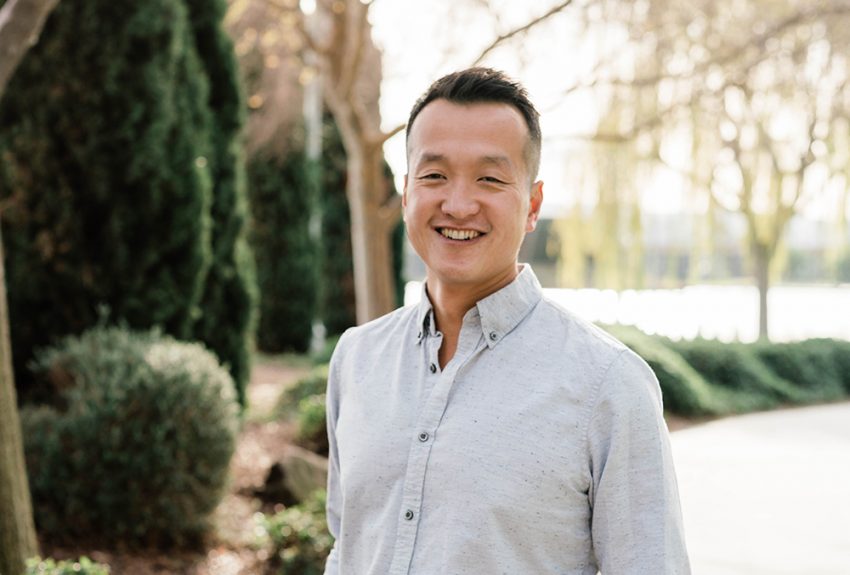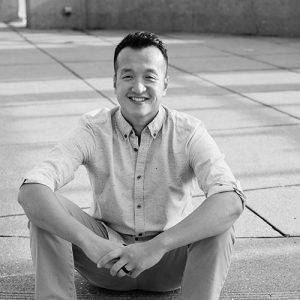
Justin Wang, CEO and Co-Founder of global hydration brand LARQ, reflects on building a brand with purpose at its core.
In today’s world, I find that it is vital for brands to have a purpose that is authentic and indicative of what their product can offer to consumers.
If there is anything the last couple of decades in the industry has taught us, it’s that we’ve steered far away from a solely profit-driven business model. More and more brands and entrepreneurs are realising that there must be a balance of profitability and aligning a brand’s purpose with its employees—inspiring and unifying employees, consumers, and vast audiences alike—and building that into the company’s ethos. As the global pandemic continues to redefine our lifestyles, consumer needs are changing and as such, traditional business must evolve to keep up.
Brand purpose has long been a powerful tool and in recent years it has become closely linked to consumer ethics. Buying is now considered a conscious decision, and so customers expect brands to share their moral codes and support global efforts to progress environmental, societal and humane causes. As the world collectively faces challenges and individuals reassess what is important to them, upholding purpose and accompanying values is more crucial than ever.
When building your brand for purpose, let your consumer’s needs drive the decision-making processes.

The businesses that have excelled during the pandemic are those that have offered their target consumer tangible benefits at a time when their needs have changed. The greatest example of this is none other than Zoom, which unsurprisingly reported record-breaking sales in 2020.
That’s not all. The success of consumer-focused products can be seen across sectors—most notably in the rise of doctor-on-demand apps, the plethora of at-home workout apps now available, and door-to-door delivery services. New business leaders can learn much from this, as designing a product or service with the consumer in mind, supported by a grander purpose, will lay a strong foundation to build upon.
Start-ups need to tread carefully as their intrinsic adaptability may become a double-edged sword in today’s world. Crises, such as the one we face now, can bring about opportunities for businesses to transform, allowing them to mobilise, however, opportunity doesn’t always equal success. There is some truth in the famed line ‘no good crisis should go to waste’, but we must not forget that start-ups are especially susceptible to external shocks to our economy and society. So often start-up culture is romanticised, but the reality is much more complex.
Emerging businesses should be shrewd and refrain from leaping at every would-be opportunity that can come up from a crisis. Continuously refer to your consumer’s needs and remind yourself and your team of the brand’s purpose. Don’t pivot too quickly or you risk losing your core identity.
A quote I live by is one by [philosopher] Seneca: ‘luck is what happens when preparation meets opportunity.’
In essence, the best results are achieved when your plans are clear and focused. As we continue to weather the pandemic, it is crucial that we all ensure our vision doesn’t stray too far from long-term goals. Rely on these as a force to navigate choppy waters, which will be short-term. Planning will stop decisions or policies that are inauthentic to the brand being made, which can have a negative impact on the business’s ability to fulfil its mission when the storm has passed.
The team you create is also important and very much in your hands. So often we see brand purpose from the consumer’s perspective: from the outside looking in. Your team will also experience the shift in priorities your consumer has, and morale has been tested and compromised over the last year. A successful, efficient team isn’t the one that pools together talented and smart individuals, but rather the one that combines those qualities with tireless dedication to the end-goal. Protecting brand purpose for their sake is just as important.
The entrepreneurial process is an exciting rollercoaster of ups and downs. Part of the journey is refusing to be consumed by short-term successes and failures, but rather riding the waves and staying true to your cause. The challenges faced last year will likely prove to be the most testing business experiences throughout our careers. As we look beyond this to predict how brands will fare, we should always remember to be empowered by our own brand mission.
Remember: Keep the customer and your brand purpose in mind always; always adapt but never pivot too quickly.
Justin Wang is the CEO and co-founder of hydration brand LARQ, makers of the world’s first self-cleaning water bottle who, in 2020, pioneered the innovative LARQ Pitcher water filter. LARQ was launched with a simple vision, one where innovative technology could be combined with inspirational design to help people access pristine drinking water easily and sustainably.
Prior to LARQ, Wang was the former President of FOREO, an award-winning beauty technology company, where he oversaw product marketing, strategy, product management, sales and marketing. Justin helped to grow the FOREO brand to be one of the leading beauty technology companies in the world, in just over three years. Before his role at FOREO, Justin was an investor with L Capital (the investment arm of Louis Vuitton Moët Hennessy), where he helped numerous entrepreneurs grow their consumer retail business through strategic investment and partnerships.

